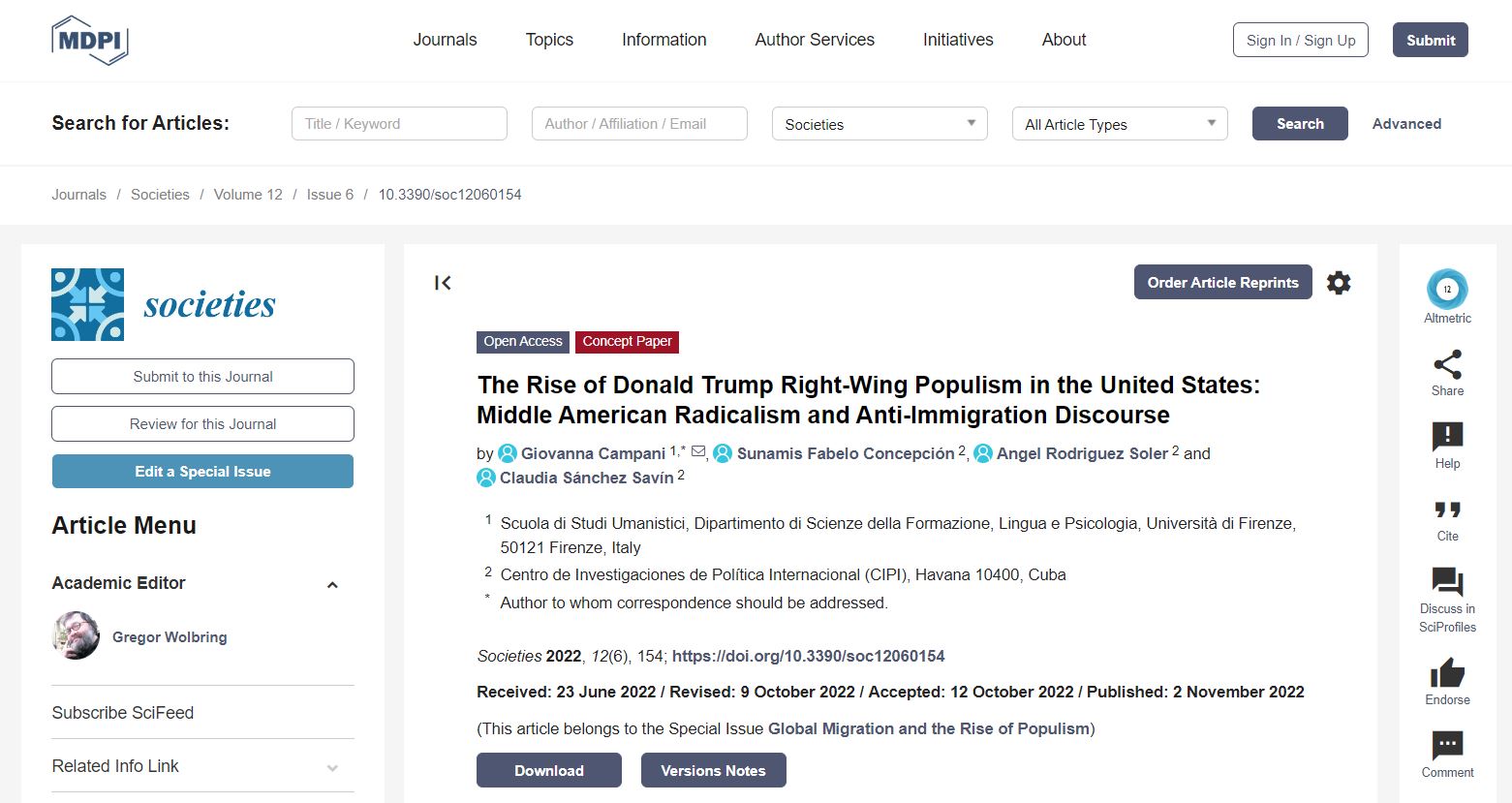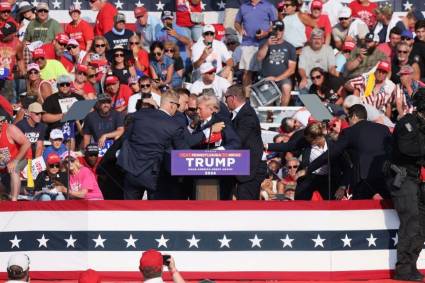The Rise of Donald Trump Right-Wing Populism in the United States: Middle American Radicalism and Anti-Immigration Discourse

Abstract
Populism has been an inherent phenomenon in the history of the United States since the beginning of the republic to the present, but it is only in 2016 that a populist leader, Donald Trump, has won the presidential election. The article considers Trump’s victory as part of the history of USA populism, taking into consideration the demand and the support for it in specific groups of radicalized, mainly white American citizens, who, since the late 1960s, felt abandoned or even betrayed by the mainstream political leadership through times of economic restructuring, cultural changes, and demographic transitions. This broad overview shows how USA populism, far from being the product of lunatic leaders, is deeply rooted in long-term processes concerning millions of people. The United States are a nation that has been built by immigration and wracked by debates about each successive wave of it: however, the forms debates on immigration have taken vary according to the generations. This paper makes the attempt to analyze the specificities of the present debate. The major changes introduced in migration policies in 1965 have slowly produced demographic changes in the ethnic components of the nation. The transformational demographic change- the majority ethnic group- non-Hispanic white people becoming one of multiple minorities- has been exploited by right-wing populists, such as Pat Buchanan, since the Nineties. Donald Trump’s speech on immigration is connected with different ideological positions—conservatism, paleo-conservatism, nativism, white suprematism—that form the puzzle of Trumpism, which has become a reference for international populists. Furthermore, opposition to immigration means delimiting the borders of the nation: this is an evident symbol of the rejection of the globalist idea of a borderless world that an elite pursues and that is repudiated by Trumpism. With his open contempt for “globalism” (as the idea that economic and foreign policy should be planned in an international way) and for the liberal–cosmopolitan elites who have provided ideological cover for it, Donald Trump has rallied many Americans and gained supporters in different parts of the world.
Published at Societies 2022, 12(6), 154
Full text: https://www.mdpi.com/2075-4698/12/6/154




Déjanos tu comentario